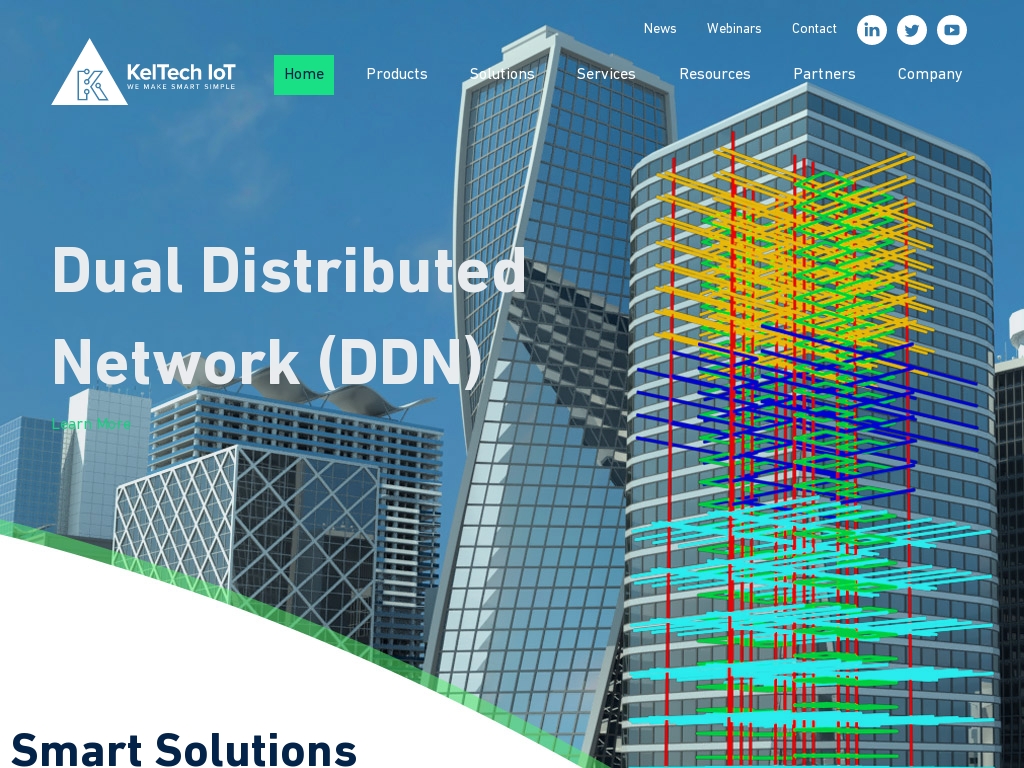
2 Sustainable Energy Business Success Stories [2024]
Turning to renewable energy isn't just a trend; it's a necessity. Starting a sustainable energy business means providing solutions like solar, wind, or biomass energy to power homes and businesses.
You'll be offering installations, maintenance, and possibly even consulting services to help clients transition away from fossil fuels. The demand for cleaner energy sources is rising, driven by both policy changes and climate-conscious consumers.
Starting a sustainable energy business taps into this growing market while contributing to environmental conservation. It's a field with ongoing advancements and a future-forward outlook.
Though it requires technical knowledge and possibly significant startup capital, the rewards can be substantial both financially and in terms of societal impact. By positioning yourself as a reliable expert in renewable energy, you can build a business that supports the planet and meets the ever-increasing demand for sustainable living.
In this list, you'll find real-world sustainable energy business success stories and very profitable examples of starting a sustainable energy business that makes money.
1. KelTech IoE ($1.8M/year)
Mark Kellett, founder of KelTech IoT, came up with the idea for his business after experiencing the challenges of building advanced Telecoms and Energy Networks. He saw that the existing approaches were leading to a growth in energy and resource consumption, which inspired him to create more efficient and sustainable solutions. The company has already won accolades, including coming 1st out of 800 entrants in a Global Utility Start-up competition and being asked by Amazon to showcase their solution at the finals of their Clean Energy Accelerator.
How much money it makes: $1.8M/year
How much did it cost to start: $2M
How many people on the team: 12

KelTech IoT founder Mark Kellett shares insights on building a next-generation energy and infrastructure company bridging the energy and telecoms gap by creating more efficient and sustainable solutions as network demands increase in the age of IoT, with projected revenues expected to be greater than $100M after 5 years.
2. GIN e-bikes ($360K/year)
Two founders, Marina and Rahul, met on the Y Combinator startup school platform. After recognizing each other's skills and passion for green energy, they decided to launch GIN e-bikes. With a lightweight design, hydraulic brakes, and a battery life of over 70 miles, GIN e-bikes quickly gained popularity, selling hundreds of units solely through positive word-of-mouth referrals.
How much money it makes: $360K/year
How much did it cost to start: $35K
How many people on the team: 2

UK-based electric bike business GIN e-bikes co-founded by Marina and Rahul successfully sold a few hundred units of their flagship hybrid electric bike, the GIN X, within a few months of launch, through positive word-of-mouth referrals alone, without any paid marketing efforts.

Download the report and join our email newsletter packed with business ideas and money-making opportunities, backed by real-life case studies.

Download the report and join our email newsletter packed with business ideas and money-making opportunities, backed by real-life case studies.

Download the report and join our email newsletter packed with business ideas and money-making opportunities, backed by real-life case studies.

Download the report and join our email newsletter packed with business ideas and money-making opportunities, backed by real-life case studies.

Download the report and join our email newsletter packed with business ideas and money-making opportunities, backed by real-life case studies.

Download the report and join our email newsletter packed with business ideas and money-making opportunities, backed by real-life case studies.

Download the report and join our email newsletter packed with business ideas and money-making opportunities, backed by real-life case studies.

Download the report and join our email newsletter packed with business ideas and money-making opportunities, backed by real-life case studies.












